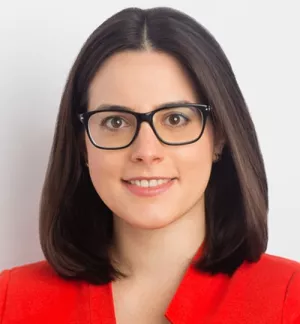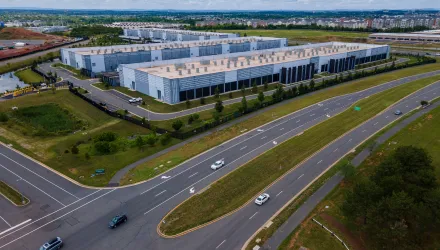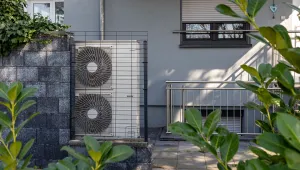Abstract
This paper contributes to the understanding of transitions towards low carbon societies in the developing world. While adding extensive empirical insights from the status of energy transitions in two countries faced with major energy challenges, the Philippines and Morocco, our contribution enquires what role external actors like international donors in general, and Germany in particular, can play in such transitions. Based on extensive semi-structured, in-depth expert interviews with energy sector stakeholders in the Philippines and Morocco, this article elucidates the opportunities and barriers of supporting and incentivizing energy transitions in developing countries through development cooperation.
Taking transition management as an analytical framework to highlight links between niche level experiments and the electricity regime, this study reveals that donors cannot force an energy transition, but can be a driving force for testing alternative ways for electricity supply through niche level experiments and regime level interventions that are closely connected to the country's primary energy objectives. Multi-stakeholder coordination, a clearer linkage between niche level projects and regime changing effects, and a better understanding of a country's energy transition objectives are promising approaches to increase the likelihood of development cooperation positively affecting a regime level shift in the electricity system.
The entire article is available here: http://www.sciencedirect.com/science/article/pii/S0959652615008136
Marquardt, Jens, Karoline Steinbacher and Miranda Schreurs. “Driving Force or Forced Transition?: The Role of Development Cooperation in Promoting Energy Transitions in the Philippines and Morocco.” Journal of Cleaner Production, August 2016




